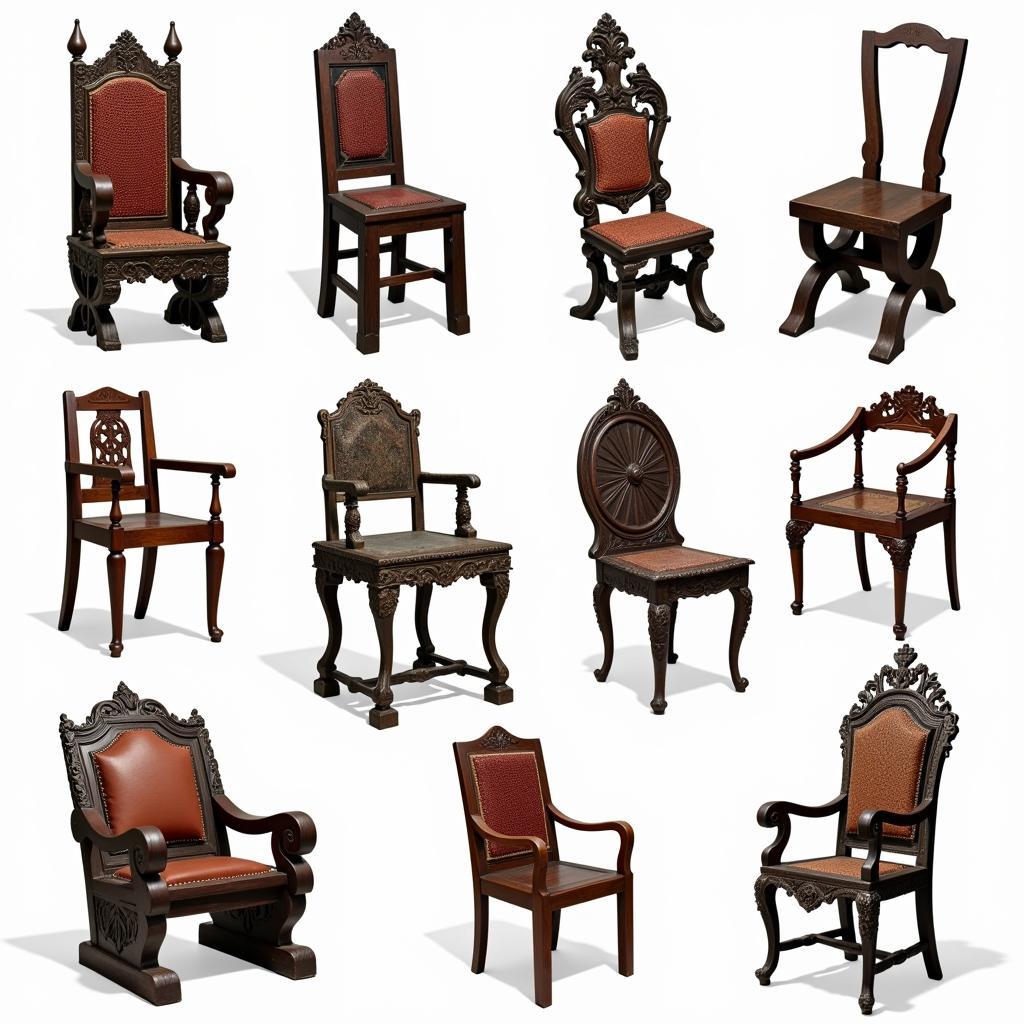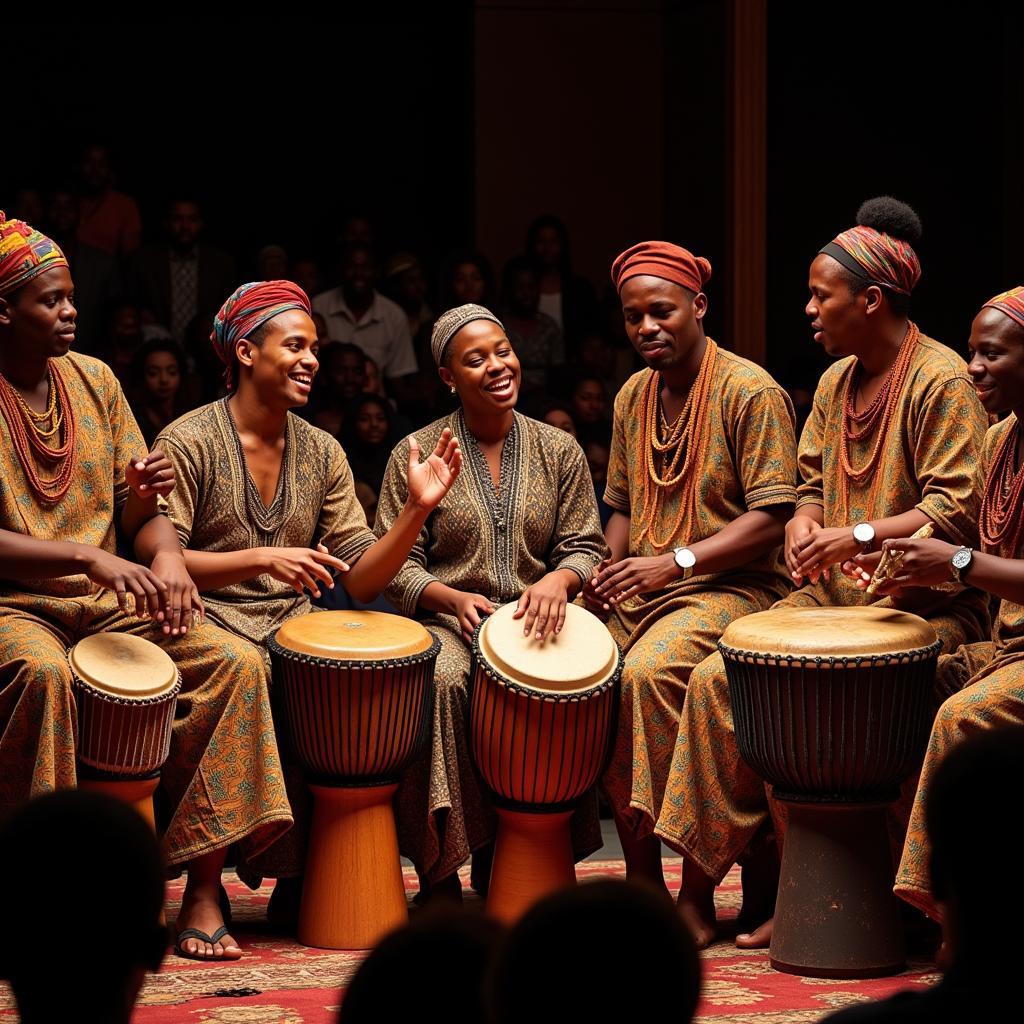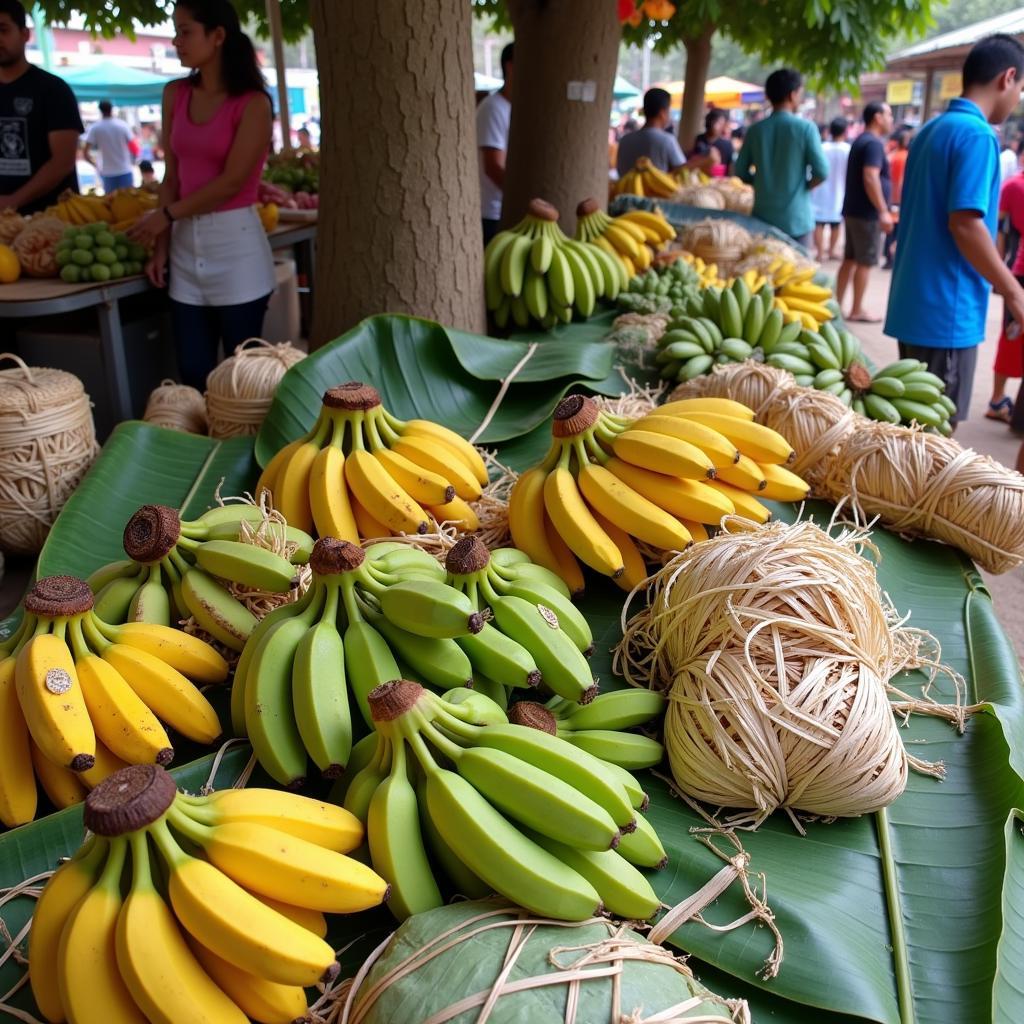The Majestic African King Chair: A Symbol of Power and Heritage
The African King Chair is more than just a seat; it’s a potent symbol of authority, tradition, and artistic expression. From ancient kingdoms to contemporary leadership, these chairs embody the rich history and cultural diversity of the African continent. This article explores the significance, symbolism, and craftsmanship of the African king chair, showcasing its enduring legacy.
The African king chair holds a unique position in many African societies. Representing leadership and authority, these chairs are often elaborate and beautifully crafted, reflecting the prestige and power of the ruler. They are not mere functional objects but powerful symbols of cultural heritage, passed down through generations. Let’s delve into the world of these majestic seats and explore their diverse forms and meanings across the continent. Soon after the abolishment of slavery, many African Americans became successful entrepreneurs and business leaders. See more on African American business leaders.
The Symbolism of the African King Chair
What does an African king chair represent? These chairs often incorporate symbolic elements representing various aspects of leadership and power. Animals, such as lions, symbolize strength and courage. Intricate carvings may depict historical events or spiritual beliefs, serving as visual narratives of the kingdom’s heritage. Materials used, like precious woods, ivory, or bronze, further enhance the chair’s symbolic value, highlighting the ruler’s wealth and status. The African king chair is a testament to the rich tapestry of African culture.
Regional Variations in Design and Meaning
Across the vast continent of Africa, the design and meaning of king chairs vary significantly. From the elaborately beaded thrones of West Africa to the intricately carved wooden stools of East Africa, each region boasts a unique style reflecting its cultural identity. For example, the Asantehene’s Golden Stool, a sacred symbol of the Ashanti people in Ghana, embodies the soul of the nation. Similarly, in other regions, certain chairs might symbolize connections to ancestors or spiritual power.
 African King Chair Variations across Africa
African King Chair Variations across Africa
Craftsmanship and Materials: The Making of an African King Chair
The creation of an African king chair is a meticulous process involving skilled artisans who employ traditional techniques passed down through generations. Carving, weaving, and metalworking are just some of the intricate skills required. Materials used also hold significance, ranging from rare hardwoods like African Mahogany to precious metals, ivory, and animal hides. This dedication to craftsmanship transforms these chairs into veritable works of art. Imagine the intricate details carved into the wood, telling stories of past rulers and their achievements.
Preserving Tradition in Modern Times
Even today, the tradition of creating African king chairs continues. Contemporary artists draw inspiration from the past while incorporating modern elements. This ensures the continuation of a rich cultural heritage while also adapting to evolving aesthetics and sensibilities. In a world increasingly dominated by mass production, these handmade chairs represent a commitment to preserving traditional artistry. African furniture in general reflects this commitment to craftsmanship. Learn more about African furniture.
The African King Chair in the 21st Century
How relevant is the African king chair today? While its primary function as a seat of power may have diminished in some contexts, the chair retains its symbolic importance as a cultural artifact. It serves as a reminder of rich traditions and a symbol of heritage, displayed in museums and cultural centers worldwide. The chair continues to inspire contemporary artists and designers, who reimagine its form and function in modern creations.
From Throne to Museum: The Evolving Role of the African King Chair
The journey of the African king chair from a symbol of political power to a cultural artifact is a fascinating reflection of Africa’s evolving history. Today, these chairs are exhibited in museums and private collections, allowing people from all over the world to appreciate their beauty and historical significance. They serve as a window into the past, offering insights into the complexities of African leadership and artistic expression. You can even find the influence of these majestic chairs in some African hotel bar inside designs.
In conclusion, the African king chair transcends its function as a mere seat. It embodies power, tradition, and artistic brilliance, representing the diverse cultures of the African continent. From ancient kingdoms to the modern world, the African king chair continues to inspire awe and admiration, serving as a powerful symbol of heritage and identity.
FAQ
- What is the significance of an African king chair? It represents leadership, authority, and cultural heritage.
- What materials are used to make these chairs? Materials range from wood and ivory to precious metals and animal hides.
- How do designs vary across Africa? Designs reflect regional cultural identities, with variations in carvings, materials, and overall style.
- Are these chairs still made today? Yes, contemporary artists continue the tradition, often incorporating modern elements.
- Where can I see African king chairs? They are displayed in museums, cultural centers, and private collections worldwide.
Common Scenarios and Questions
- Scenario: A collector wants to know how to authenticate an antique African king chair. Question: What are the key features to look for when identifying an authentic antique African king chair?
- Scenario: A museum curator is planning an exhibit on African royal regalia. Question: What are the stories and historical context behind some of the most famous African king chairs?
Further Exploration
Explore more about African leadership and governance on our website. Learn about the African Alliance Insurance PLC Board of Directors for a modern perspective on leadership within the continent.
Need assistance? Contact us 24/7: Phone: +255768904061, Email: [email protected], or visit us at Mbarali DC Mawindi, Kangaga, Tanzania.



